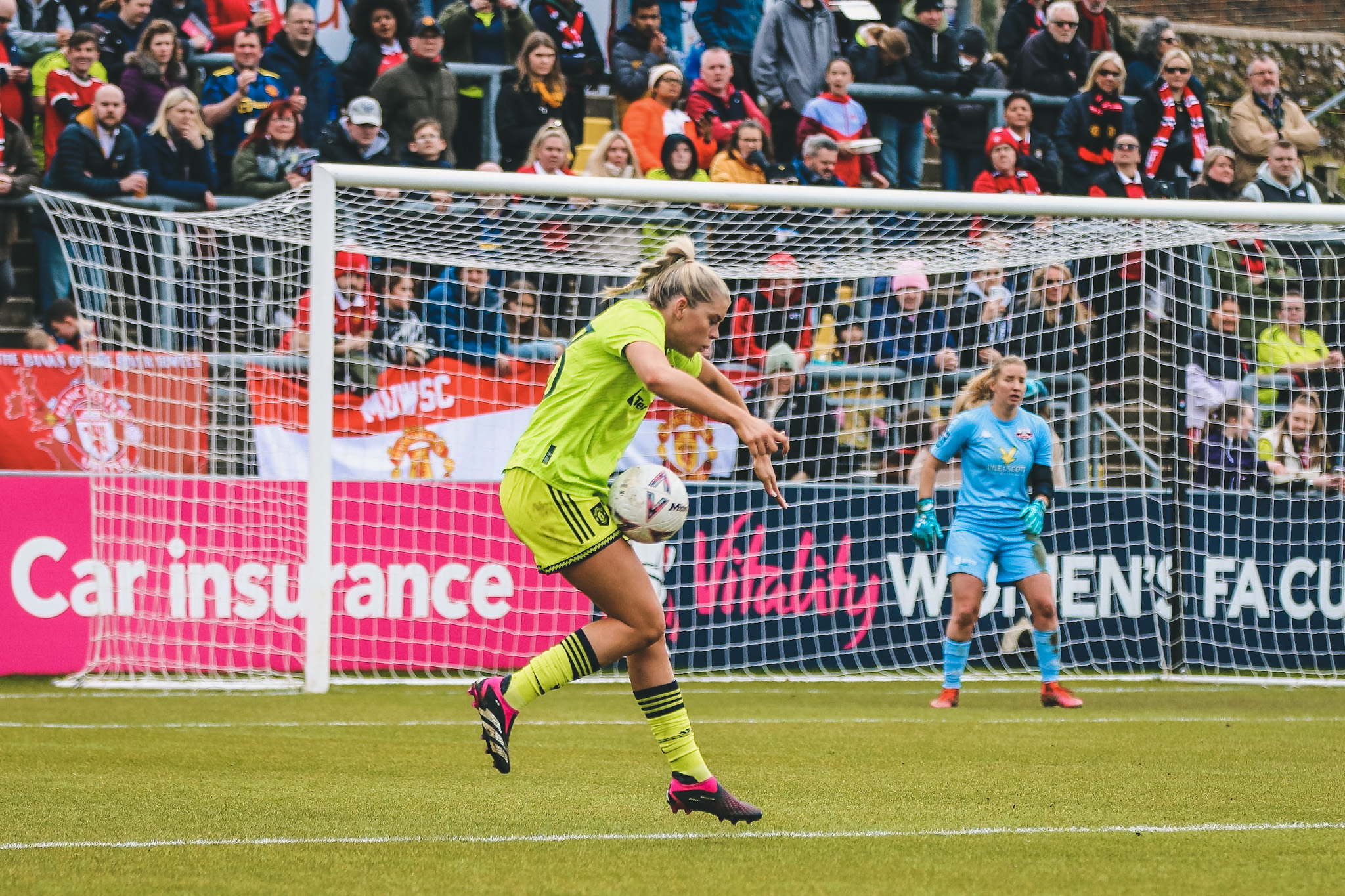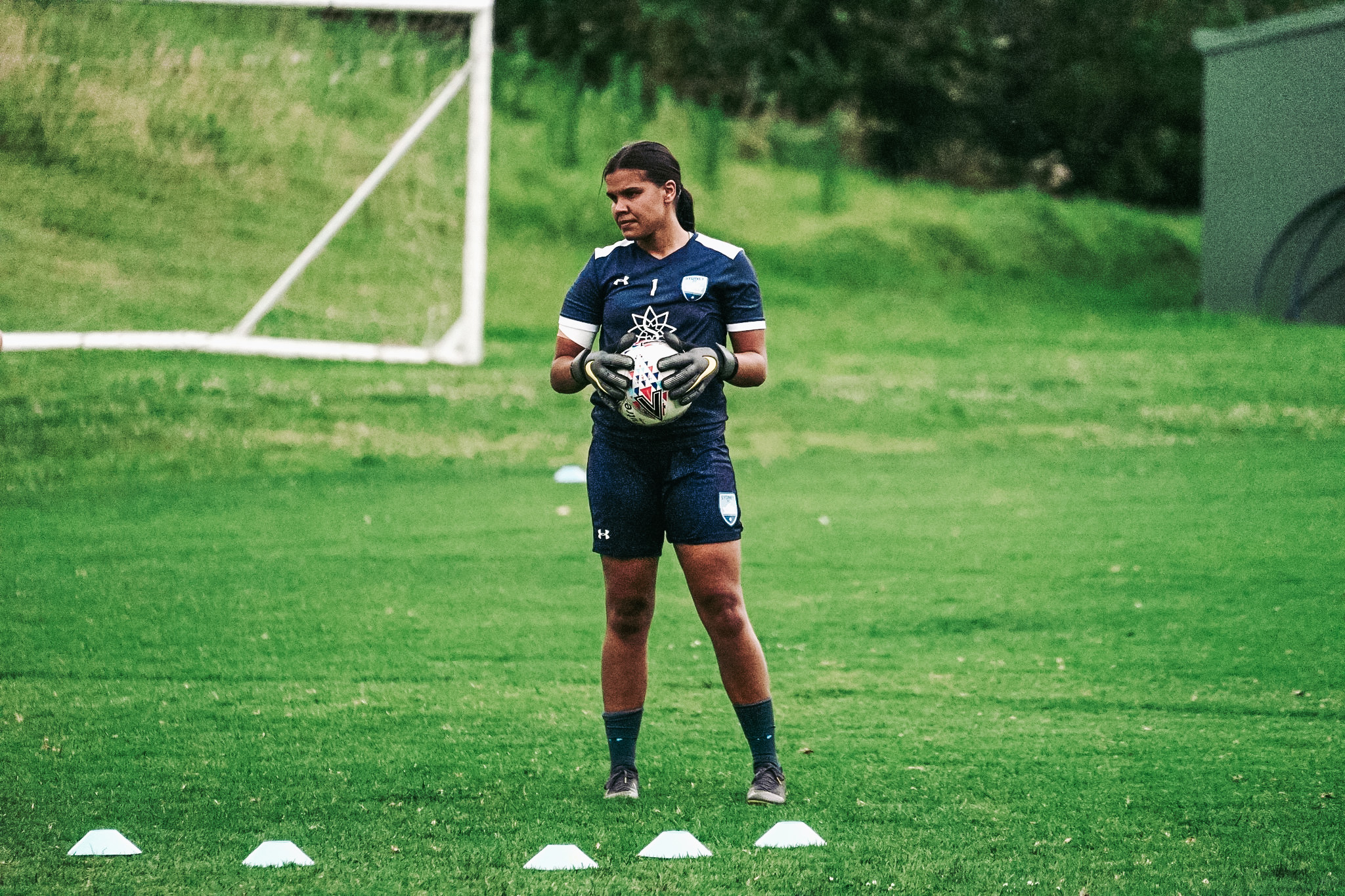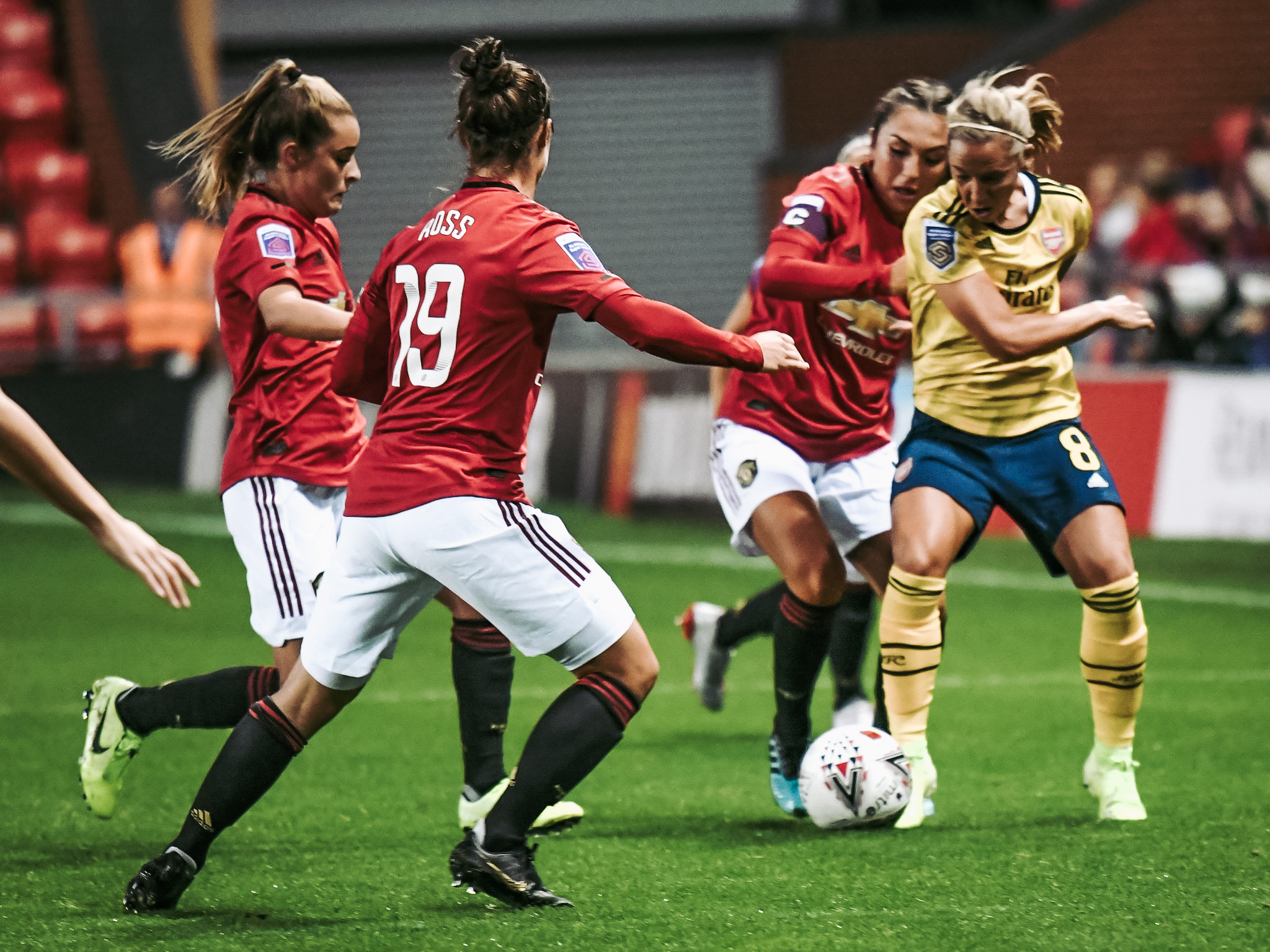Speaking at the European Club Association (ECA) Women’s Football Summit, Manchester United’s Head of Group Planning, Francesca Whitfield, has amongst other things called for a European-wide hard salary cap in women’s football in order to improve competitiveness.
ECA Women’s Football Summit will bring together prominent figures, experts, stakeholders and media from across the women’s football community to discuss and shape the future of the game.
For me, it seems a bit rich, excuse the pun, that Manchester United are calling for a salary cap and a US system of franchise players.
We should be looking to adopt financial regulation much earlier in the women’s game than we did in the men’s game to stop that gap widening.
Francesca Whitfield
“Currently in the WSL we have a salary cap system which is 40% of revenue but that includes parent club income, meaning the larger clubs naturally benefit from shirt deals on the men’s side and that’s creating a gap that is affecting the product. This can’t be something that we just address domestically, this has to be something we address on a European level.
“As an example, something like an anchoring system where that creates a more level playing field or even something akin to US sports where you have a hard salary cap and then perhaps franchise players that sit outside of the salary cap because that puts a lid on the transfer and wage inflation that we are seeing and is contributing to the gap between the larger and the smaller clubs. That will only get worse and affect the future of the game.”
I should add that I wasn’t at the summit and am only working off what has been widely shared in the national press, but WTF?
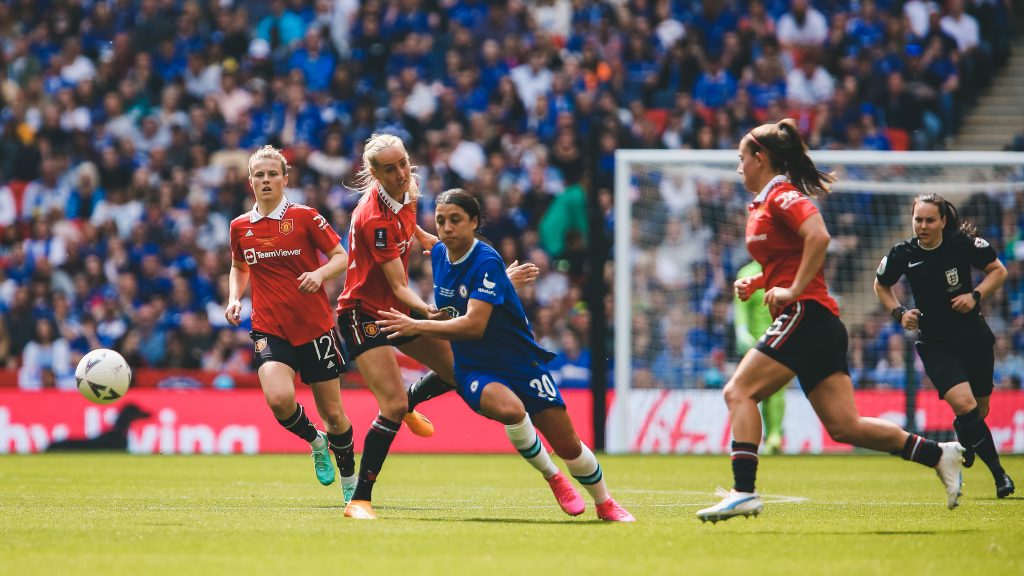
Fundamentally I am a supporter of sustainability, the preservation of fair competition within the women’s game and thinking outside of the box to improve the game but in this scenario, the proposed model must be adopted by both men’s and women’s game.
While the women’s game can and should learn from “mistakes” in the men’s game it doesn’t sit well with me that women will be force to continue to earn significantly less than men. It smacks of subjugating the women’s game while the men’s game continues to spend obscene amounts of money on transfers, wages and agent’s fees.
I appreciate that there is talk of better management of finances in the men’s game with UEFA president Aleksander Čeferin recently said a spending cap was necessary for a healthy future of professional soccer. Stating, “If the budgets go sky high, then the competitive balance is a problem,” he told the Men In Blazers podcast. Adding that “all” clubs, small and large, were in favour of the salary cap idea.
While it is correct that the men’s game recognises this but I don’t actually believe that anything will be done about it? Of course not. However, I would love to be proved wrong.
I can see a world where female athletes take the moral high ground at the expense of their own earnings and for me that is wrong.
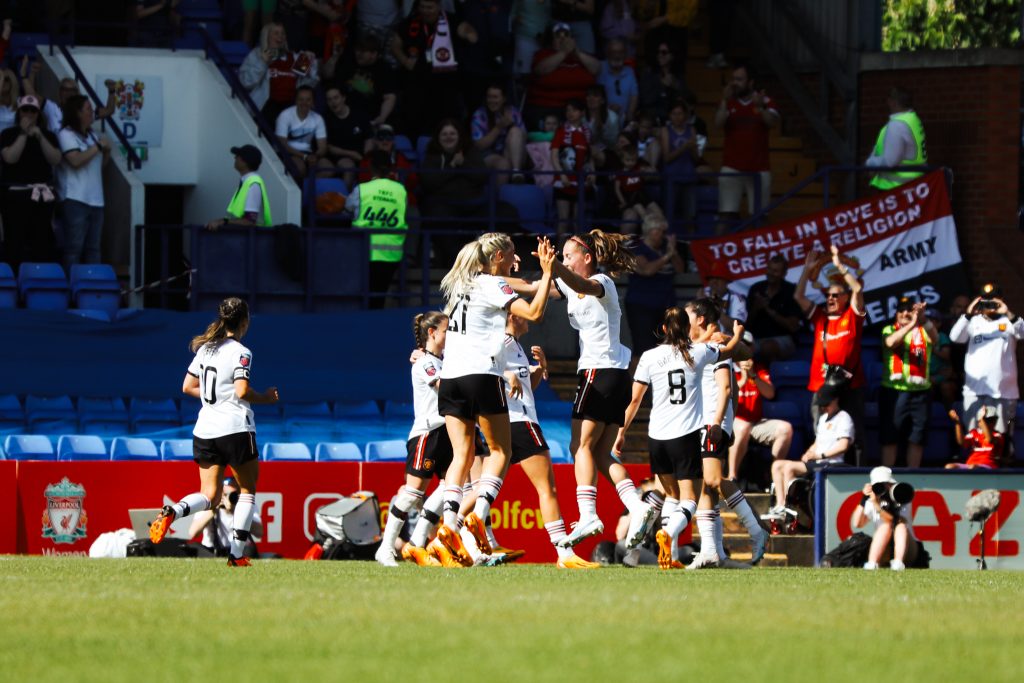
If FIFA and all of football can devise a model which is adopted internationally then that would be brilliant. I would be first in line to congratulate the governing bodies. If this isn’t adopted globally then there will be a risk that we would lose talent abroad and be held back in European competition.
Perhaps Whitfield should be looking at how the men’s game can reduce its outgoings and move closer to the parity model adopted by the ground-breaking Lewes Football Club.
Another statement that made me smile was the frustration that United are having to “spend enough to keep up and challenge our counterparts” and “The minute one of those will spend a bit more or is prepared to pay a record transfer fee, then we have to match that and that is where the question becomes: ‘What is the right level?’” This is just the capitalist economics which is unavoidable in professional sport where there is a winner and a loser. Also, this is something that Manchester United have historically been the driving force of, so this smacks of United trying to close the stable door after the horse has bolted.
Am I wrong on this? Is Whitfield’s suggestion for the betterment of women’s football and should we discount the men’s game in this conversation? I’d love to know your views.





